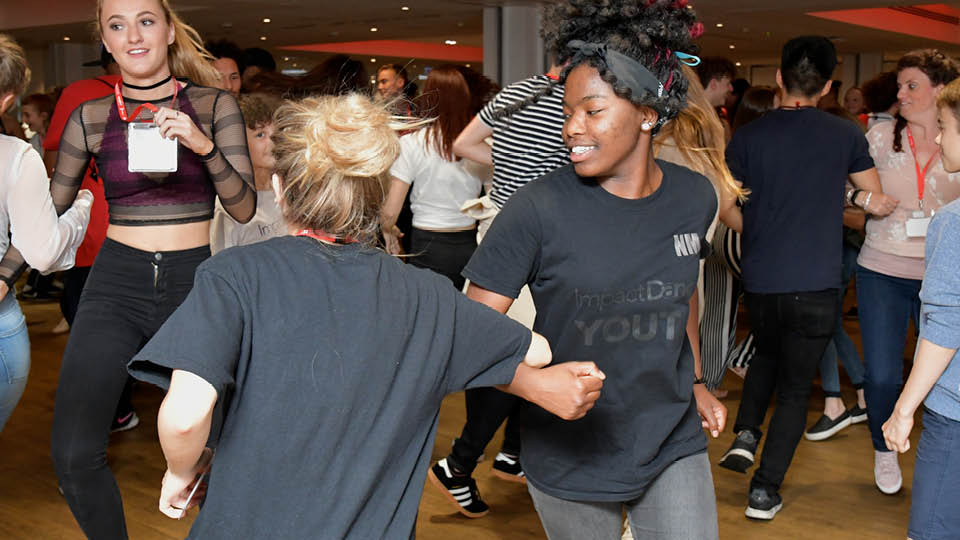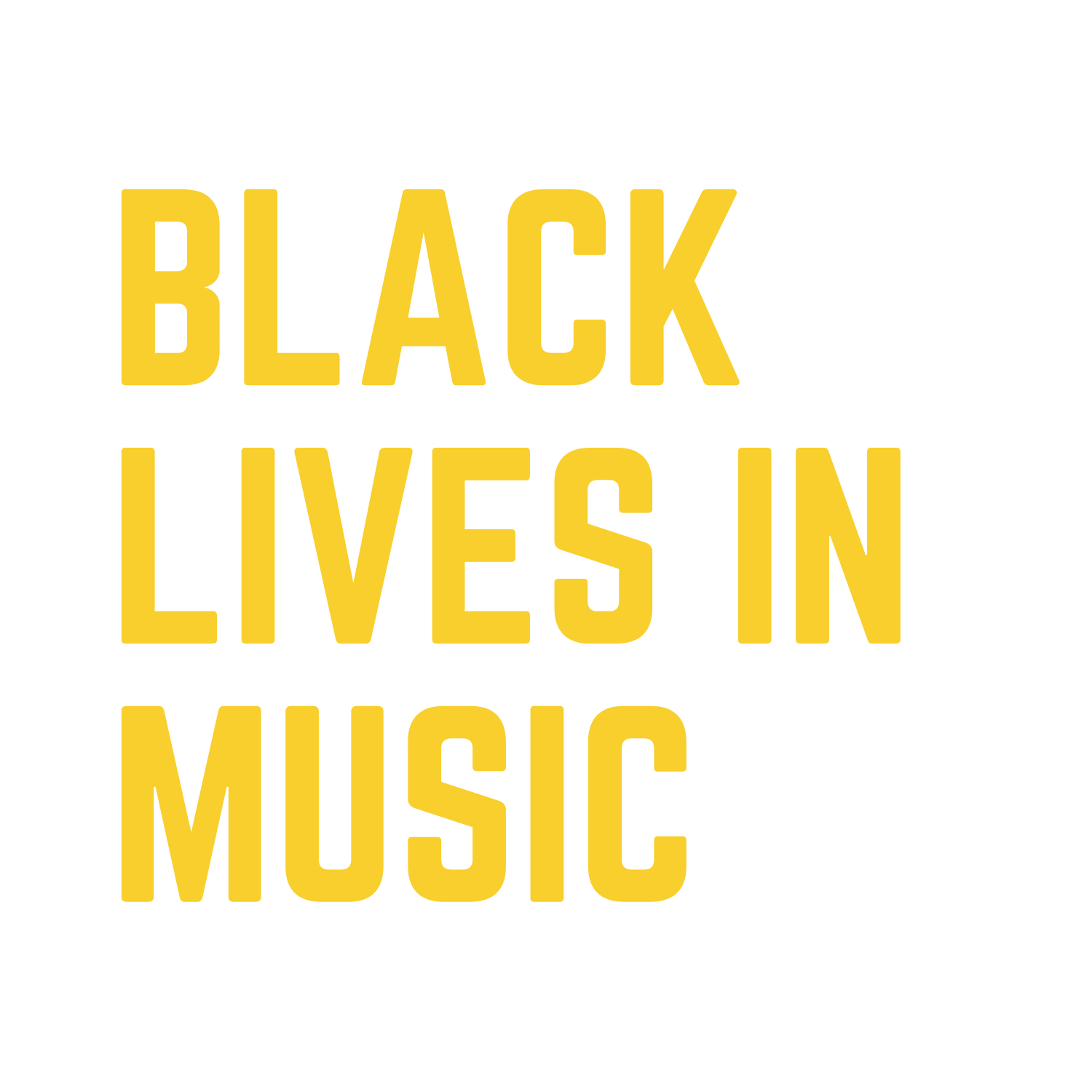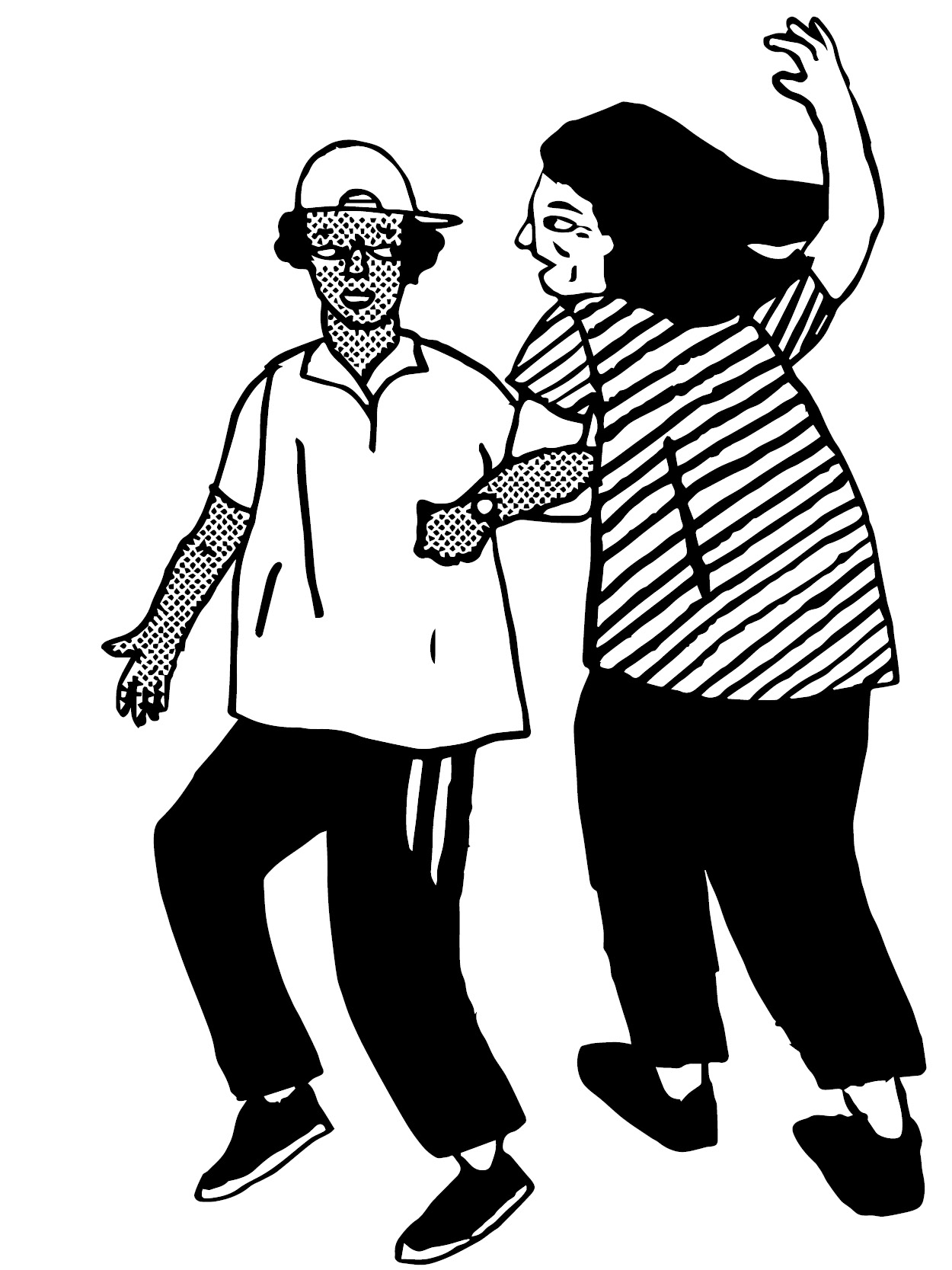
At the English Folk Dance and Song Society we are fully committed to leading by example and to calling out all forms of discrimination – wherever, whenever and however they take place.
We make determined efforts to act fairly and prevent discrimination on the grounds of:
- age
- disability
- gender reassignment
- marriage and civil partnership
- pregnancy and maternity
- race
- religion or belief
- sex
- sexual orientation
- socio-economic status and class
Striving for equity and diversity in the folk arts is central to our vision and mission. We are continuously developing, challenging and expanding thinking and practice in this area.
Cecil Sharp House has been questioning the very notion of what traditional British music means in the multicultural 21st Century – BBC Travel, May 2023
Some of our current and recent developments:
Folk Discovery
We are seeking funding for Folk Discovery, an ambitious programme to foster a new, more diverse folk scene suited to our multicultural, 21st-century landscape. In 2019 we ran a two-day R&D event for 20 artists from culturally diverse backgrounds. We are now planning to develop this project to create new ideas and interpretations of what folk can be in England today.
Education and Learning
Increasing the diversity of the artists and tutors we engage to lead on our youth projects such as for the National Youth Folk Ensemble and London Youth Folk Ensemble.
Folk Education Network Development Days focussing on diversifying folk education in relation to disability, decolonisation and more, and diversifying speakers and presenters.
Working with arts and education organisations to reach and engage a greater diversity of young people in our activities including Ark Academy Music and Baby People
Commissioning artists of colour to produce online resources on Black British History and Folk Songs (Angeline Morrison 2023), Black Singers and Folk Ballads (featured in a Pearson blog on Diversity, Equity, and Inclusion in Folk Music; Cohen Braithwaite-Kilcoyne, 2020) and Black Sailors and Sea Shanties (Adriano Adewale and Hazel Askew, 2015).
Inclusive Folk Programme, improving access to folk music and dance education for people with Special Educational Needs and Disabilities (watch the video) – and creating learning resources for educators working in SEND settings eg Songs of London Life, Songs of Rural Life and A Song and a Dance and Dancing Days.
Exploring cross-cultural collaboration in folk, eg our learning resource Tunes and Groove in Folk and Bhangra.
Promoting gender-free calling to improve inclusivity in social dancing.
Artists’ Development
Supporting a diverse range of artists and projects through our Alan James Creative Bursary Programme including projects and artists focussing on LGBTQIA+, disability and ethnicity in folk music and dance.
Showcasing a diversity of artists through our Cecil Sharp House programme and festival partnerships – gender, LGBTQIA+, disability and ethnicity, and developing programming partnerships with Queer Folk and Thank Folk For Feminism.
Supporting our Associate Company – Folk Dance Remixed – a multi-cultural dance and music company presenting vibrant performances that mix folk and hip-hop including the commission of their 2021 show Hope.
Facilitating Round Table discussions for folk artists of colour in partnership with Black Lives in Music and English Folk Expo. If you would like to be part of these conversations, please email Katy Spicer, CEO and Artistic Director, [email protected]
Producing Folk Folk videos and podcasts: conversations which celebrate the diversity of today’s folk musicians and dancers and explore some of the biggest issues within England’s rich cultural landscape
Founder signatory to Sound and Music’s Fair Access Principles
Vaughan Williams Memorial Library & Archive
Presenting events including a full-day Library Conference on racial and ethnic diversity in folk and Folk Arts, Black Face and Race Library Lecture
Engaging deeply with artists and academics on issues of decolonisation in relation to our Library and Archive collections
Reviewing the content of our Library’s archives and collections to identify offensive content and making sure that we contexualise this content wherever it appears, without either condoning it or denying that it exists
Operational and Governance
Increasing the diversity of our Board of Trustees focussing on age, ethnicity, and disability
Regular training for staff including on anti-racism, allyship, unconscious bias, autism awareness and disability awareness
Undertaking to regularly review and revise our relevant policies, and our delivery of their objectives
Not accepting business from clients who ask to hire our venue for discriminatory activities
Emphasising that everyone who organises or leads folk activities has important safeguarding responsibilities, and providing resources to support making all people feel that they belong at folk events
Supporting the important work of Esperance in increasing awareness and understanding of gender-related barriers, supporting people who experience gender-based discrimination, and facilitating conversations that lead to positive change
Taking a highly visible public and policy stand against the denounced practice of face painting (‘blackface’) in morris dancing
Holding a series of meetings of a working group which included staff and Trustees on all issues of equality, diversity and inclusion – in relation to our organisation, our venue, and also the wider folk sector

The English Folk Dance and Song Society is a member of Black Lives in Music.
We have signed Music Mark’s Talk into Action pledge – encompassing workforce development, governance, programming, and the music experiences of the young people we work with.
We take joy in celebrating the warm, inclusive and non-judgemental attitudes that are widely prized in the folk community. But we know that some people sometimes do not feel welcome at folk events. We are determined to change this – and, by demonstrating best practice, we want to lead the discussions that drive this change.
We strongly encourage everyone in the folk arts to think seriously about these questions. Together we can make the difference.
Why do we use the word ‘equity’ rather than ‘equality’?
Both terms are about fairness. But equality advocates treating everyone the same regardless of need – while equity is about treating people differently, depending on their need. The end result is that someone who needs extra support, and receives it, will have equal opportunities compared to someone who did not need this support.
A note about Cecil Sharp and the Society’s past
When our building opened in 1930 it was named after Cecil Sharp (1859–1924), who founded the English Folk Dance Society in 1911 and was a prominent member of the Folk-Song Society (founded 1898). He held some offensive opinions, and his writings identify him to have expressed racist views. These views have no place in the English Folk Dance and Song Society today; we stand firmly against inequality and prejudice in all its forms. As an organisation we work with external advisors and stakeholders to examine how we talk about and engage with the sometimes unsavoury views of individuals connected to the folk arts in the past. Only by learning about and confronting the past can we become better equipped to improve our shared future.
See also: Actions as well as attitude
Katy Spicer, the English Folk Dance and Song Society’s Chief Executive and Artistic Director, explains why equality, diversity and inclusion are at the very top of the Society’s agenda. Published in EDS Magazine, December 2021.
See also: Policies
Our Equity, Diversity, and Inclusion Policy demostrates how we are committed to leading by example and to calling out all forms of discrimination.
Our Code of Conduct makes it clear that we will not tolerate aggressive, discriminatory, disruptive, harassing or offensive behaviour.
Photo courtesy of One Dance UK / U.Dance
Last updated 23 February 2024









